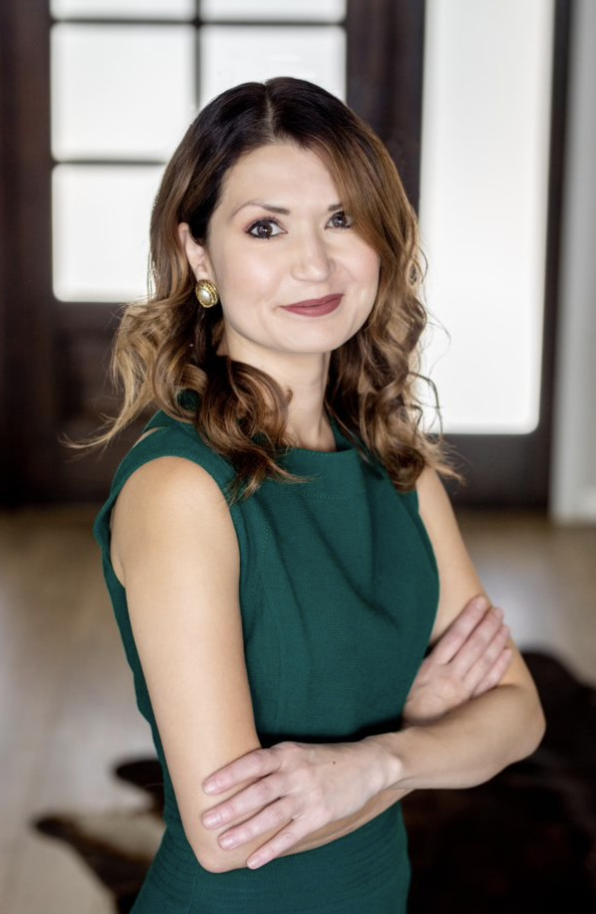Caitlin Smith
Senior Director - Regulatory, External Affairs, and ESG
Jupiter Power

What is your role at your company? What are your responsibilities/focus areas?
I am the Senior Director, Regulatory, External Affairs & ESG at Jupiter Power. I have responsibility over the company’s policy and political activities, communications on behalf of the company, and Environmental, Social, and Governance strategy, reporting, and messaging.
My focus is on PR and advocacy for Jupiter Power’s battery energy storage projects. Utility-scale battery energy storage is still a new technology for energy markets, and I focus my time and resources on educating the public and policymakers on the operational realities of how batteries interconnect to power grids and interact with the markets. This includes authoring press releases, participating in media interviews, and speaking or writing on energy storage on behalf of Jupiter.
I also act as a resource to Jupiter Power’s commercial development and operation teams by forming and enacting strategic plans to advocate for market opportunities and against market threats. In policy advocacy and ESG, I focus on aligning goals for zero emissions power with market incentives.
What was your pathway to getting a career in the industry? What did you study in school or what previous job-specific training did you complete?
When I was growing up, my father was an oil and gas attorney, who worked in complying with environmental regulations of on and offshore drilling, and he encouraged me to study the growing area of environmental policy and regulation – in this way I see him as a leader in energy transition jobs!
In college, I studied Economics and Mathematics and earned a B.A. in Economics from the University of Texas and followed that with a J.D. from The Pennsylvania State University, Dickinson School of law. I earned an additional degree, an LLM Master of Laws in Environmental & Natural Resource Law & Policy. During the coursework of my LLM, I had my first exposure to policy work in the power industry, with an internship that included a research project on the Colorado Clean Air Clean Jobs Act with ACP regional partner, Interwest Energy Alliance.
I then worked briefly in land title for a natural gas company in Oklahoma. I was wanting to move back to Austin and responded to a job posting to be the first Attorney for the Independent Market Monitor to ERCOT. The then head of the Independent Market Monitor emailed me on a Saturday when I happened to be in town, and I met him on Monday morning on my way out of town and the rest is history! My background in law, as well as economics and mathematics, was a good fit for the Independent Market Monitor, which proposes wholesale market design for the ERCOT markets, and I told a charming story about knowing Peyton Manning would go to the Denver Broncos (another part of my path from studying in Denver). In that role, I gained expertise in wholesale energy market design and was able to start making connections and forging my network in the industry.